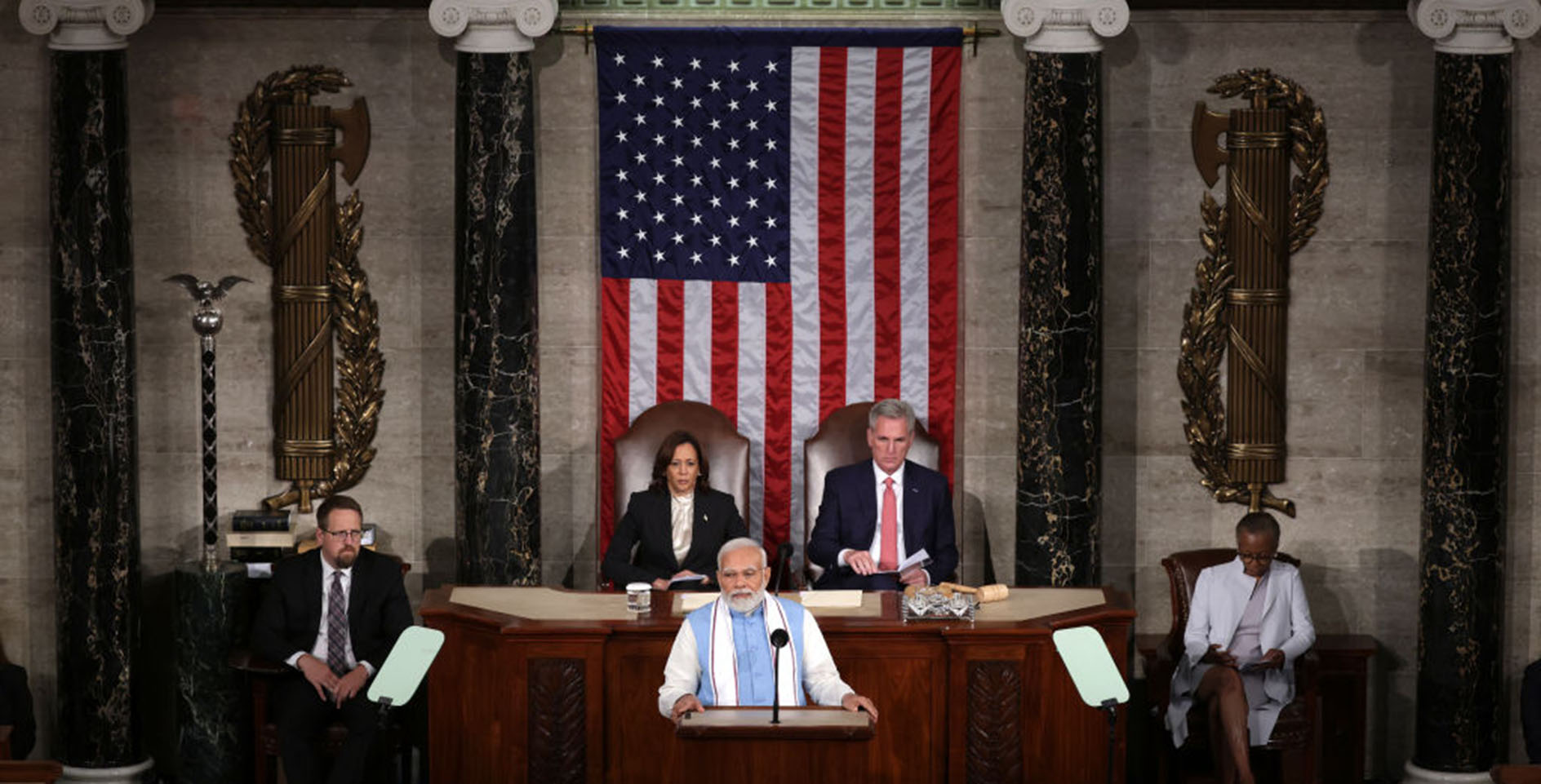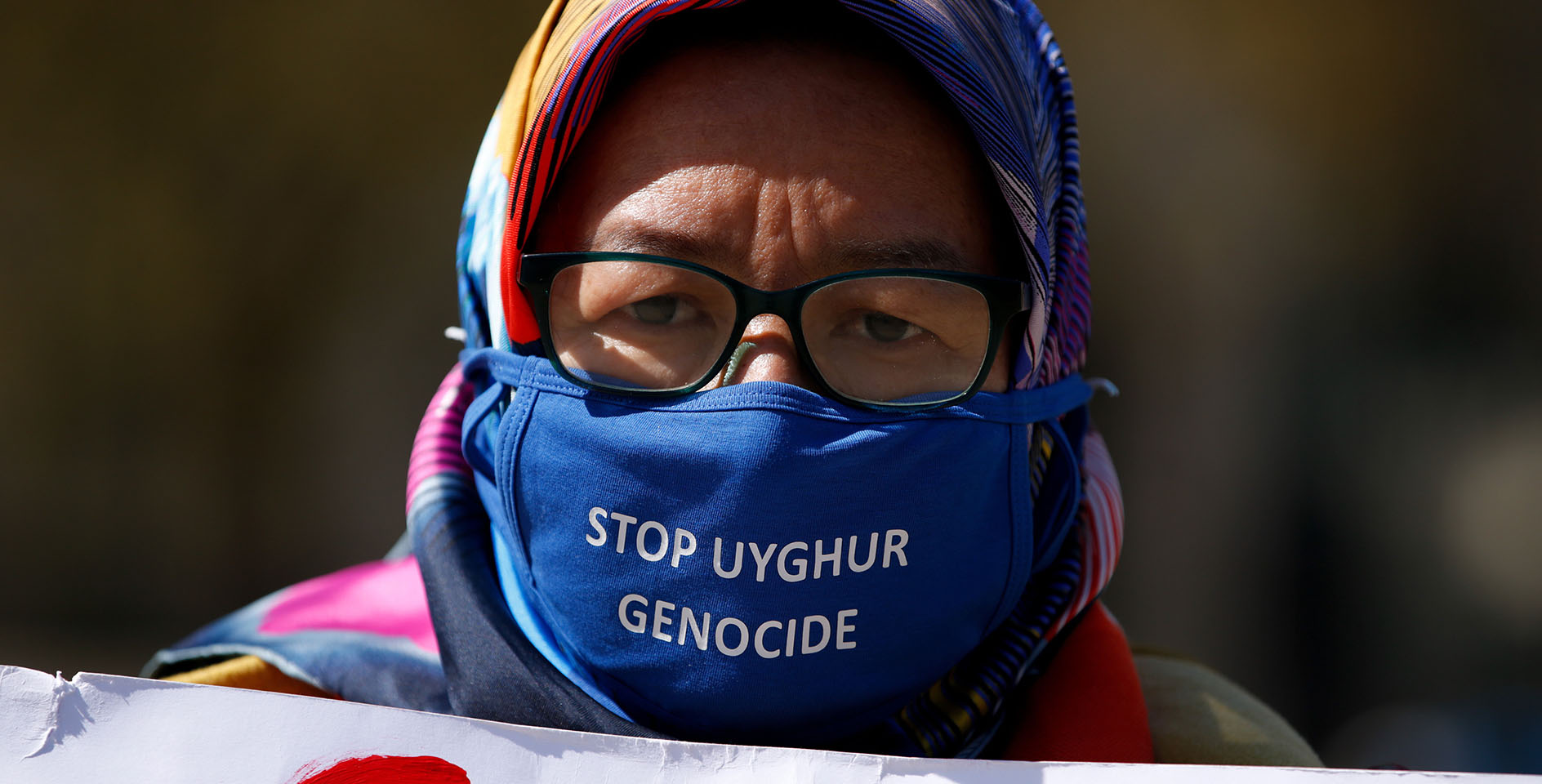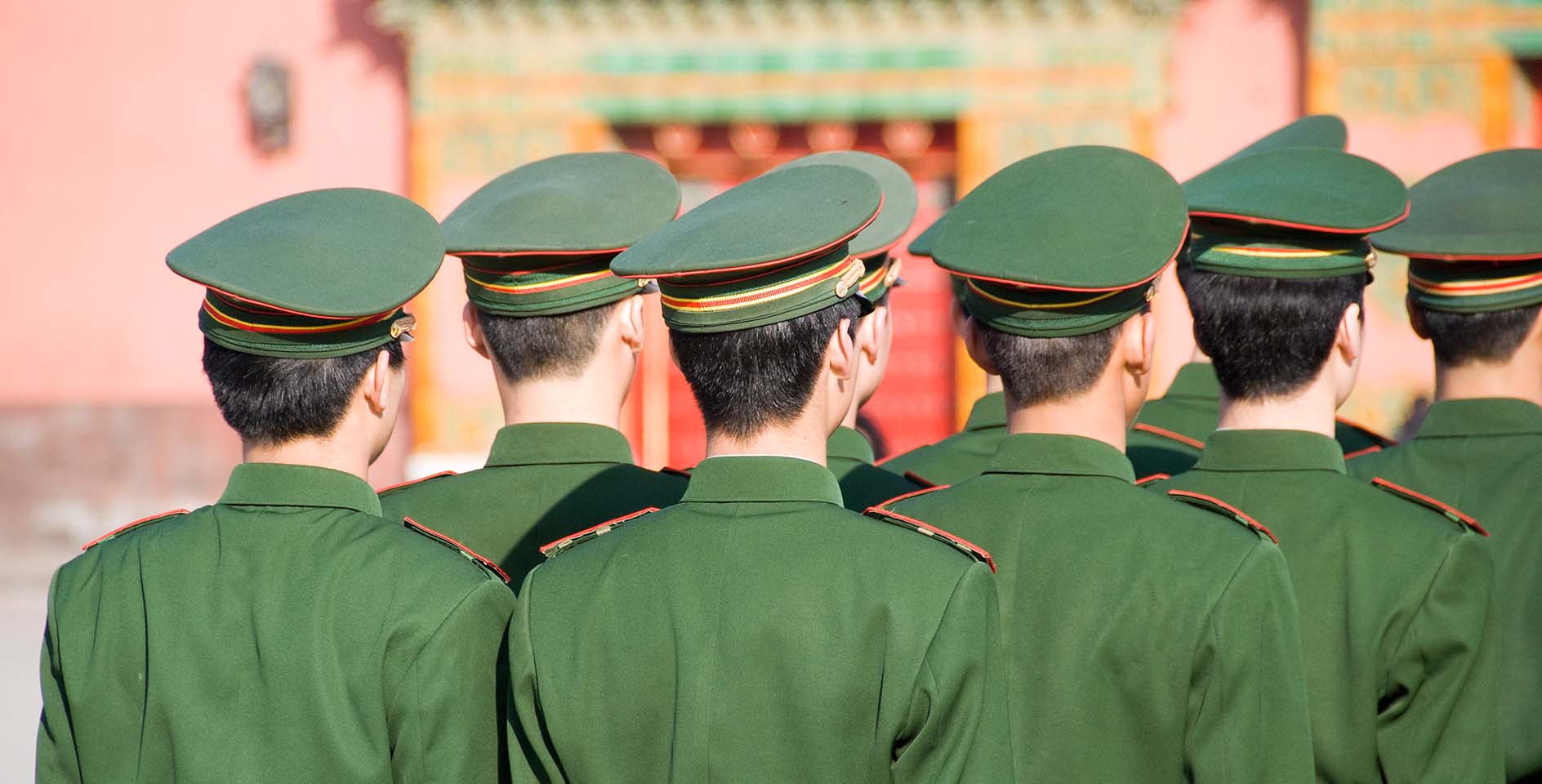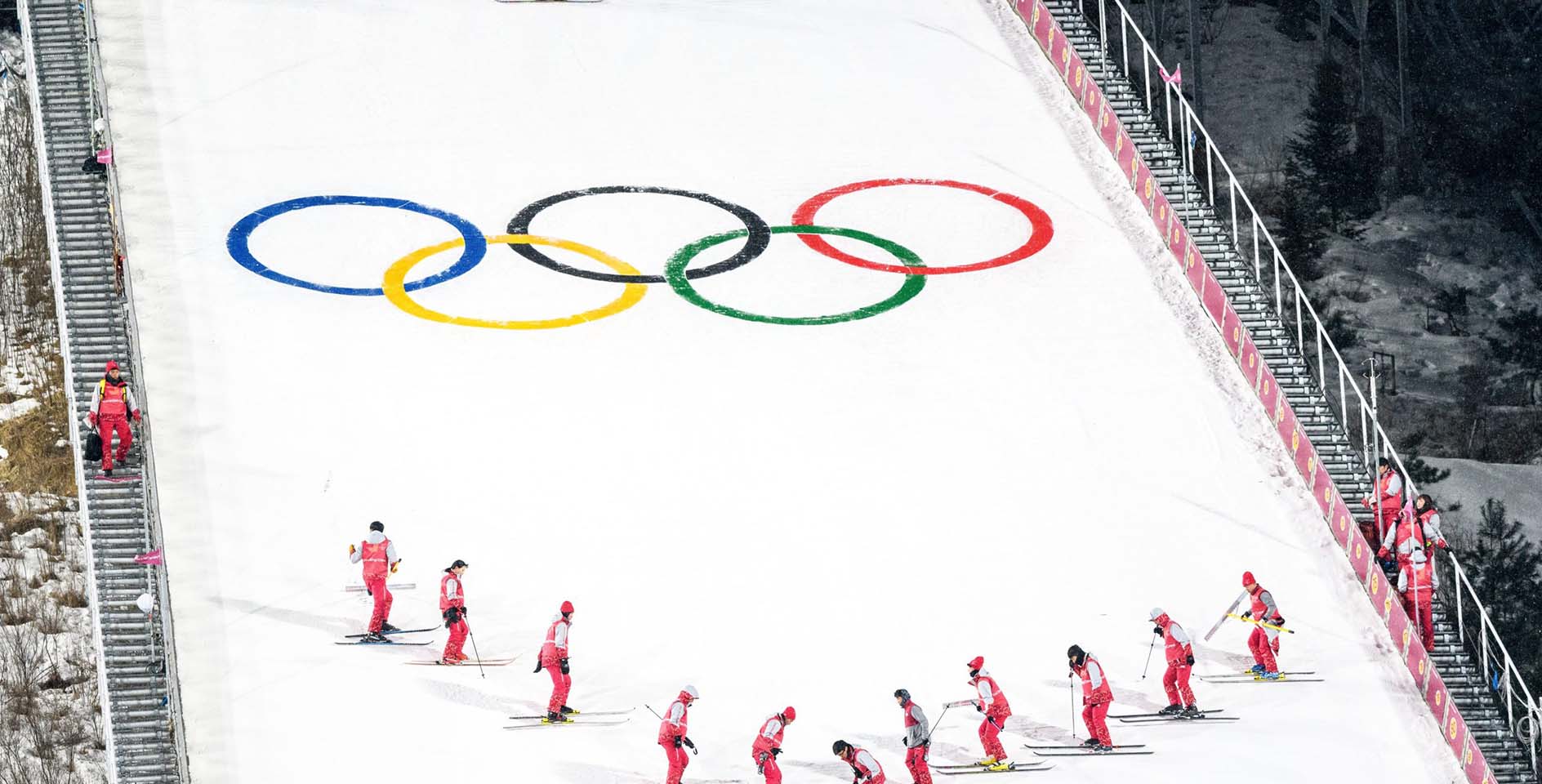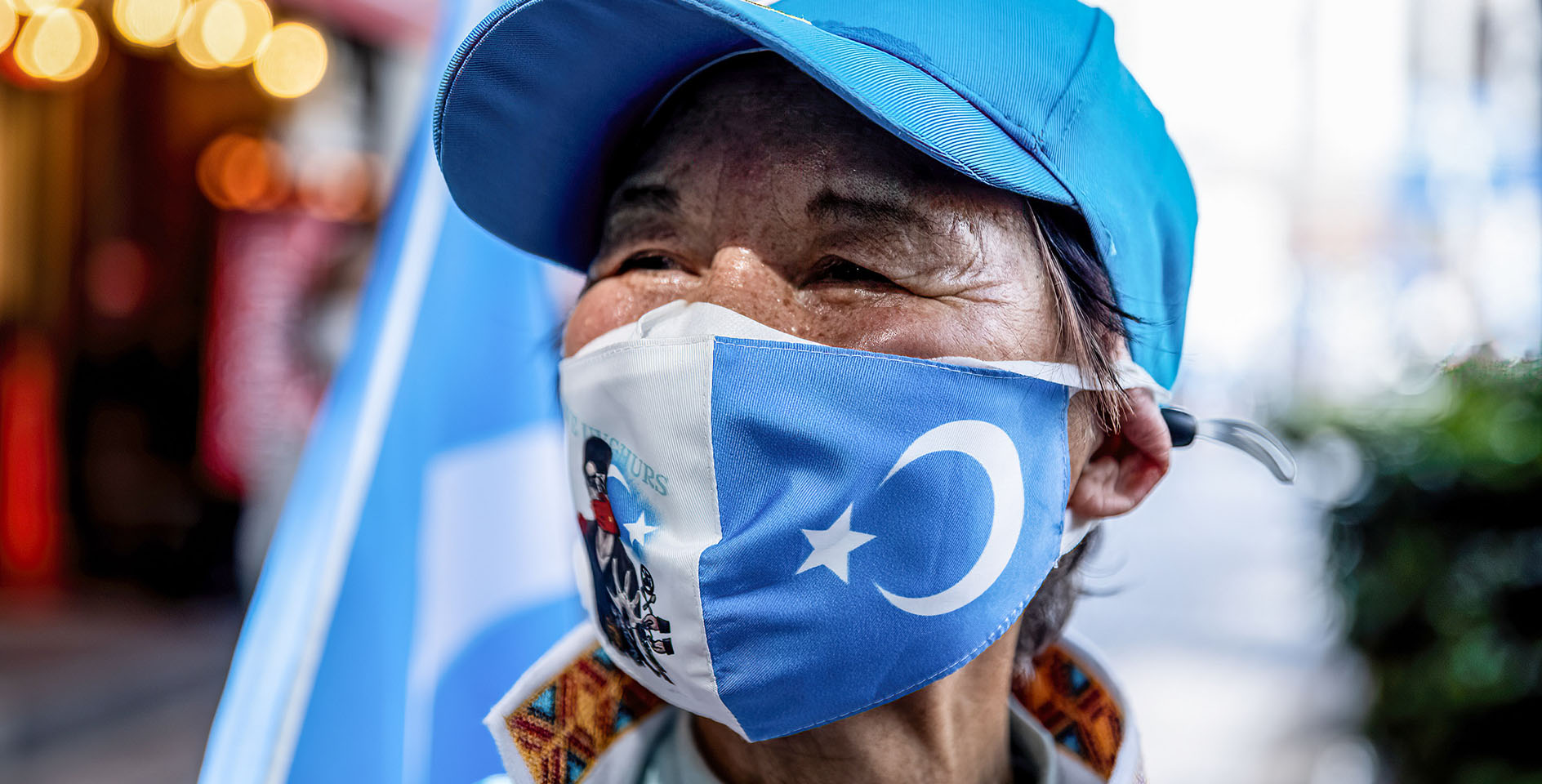I was in Hong Kong in November 2019, at the height of the pro-democracy protests late last year. These protests brought a sharp reaction from the Hong Kong police, and in turn the international media were flooded with images of firebombs, tear gas, and students barricaded in the Hong Kong Polytechnic University. I stayed just a few blocks from the university in a neighborhood called Tsim Sha Tsui. I was utterly unprepared for the daily and nightly devastation that would occur in that neighborhood during my time there.
During that trip last fall, I met with high-ranking government officials, prominent former legislators, religious leaders, student activists, and other pillars of the community. I traveled with a filmmaker and storyteller, and our goal was to interview a wide range of people to tell the story of what was happening in Hong Kong as a way of explaining what we feared might be the trajectory of China under President Xi Jinping’s leadership of the Chinese Communist Party.
We hoped to release this film this week in order to help you understand what was happening there and what we together might be able to do to help the people of Hong Kong and in mainland China. Our policy goal has been to persuade this administration and members of our government that the United States must counter China on a moral plane, in addition to seeking to counter China in terms of trade, aid, and security.
Unfortunately, you can’t see the film we produced.
Between the time that we filmed these interviews and the time we were preparing to release the documentary, Beijing imposed a draconian new national security law on Hong Kong that eviscerates the island city’s autonomy. This move by the communist regime has made nearly every person in our film too afraid to speak out, particularly to an international audience.
The political and security situation in Hong Kong—and the posture of Beijing toward the city—has moved at an incredible and alarming pace. Today, the future of Hong Kong is unclear. Since the 19th century, Hong Kong has served as a sort of doorway between the East and the West. It appears that this door is closing—it may very well already be closed. What this means for relationships between Eastern and Western nations remains to be seen, as do the personal futures of Hong Kong’s nearly eight million residents.
One country, one system
Hong Kong has long been a special place, a hub for trade between China and the rest of the world, as well as a place for deep and rich cultural exchange. Hong Kong serves as a major media hub for China and the entire region. This is possible because Hong Kong is governed under a different set of rules and laws than mainland China.
Based on a set of agreements that goes back to the 1980s, Beijing allowed Hong Kong to operate with a “high degree of autonomy.” In exchange, Western democracies granted Hong Kong a status that is different from the rest of China. Hong Kong enjoys preferential trade and visa treatment, and Western companies are permitted to operate in Hong Kong free of interference from the Chinese Communist Party.
The term of art to describe this diplomatic arrangement is “one country two systems”—Hong Kong since 1997 has formally been a part of China, but Hong Kong and mainland China are governed under two separate legal and political systems.
Or rather, Hong Kong and China were governed under two separate legal and political systems. The situation has changed dramatically in the last few months. Last month, Beijing imposed a new national security law on Hong Kong, which outlaws such vague crimes as “secession,” “subversion,” and “collusion with foreign or external forces,” and empowers mainland Chinese security forces to enforce these laws.
It appears—and the U.S. government has taken this position—that Hong Kong is no longer able to exercise a high degree of autonomy in its internal politics and affairs. The only question that remains is how long it will take for Beijing to complete the task of undermining Hong Kong’s rich tradition of democracy, liberal values, and the rule of law.
For instance, under the pretext of the COVID-19 pandemic, Hong Kong Chief Executive Carrie Lam—a Beijing loyalist—delayed the national elections scheduled this year. It is widely believed that if the elections were held this year, a wave of pro-democracy legislators would be elected to the Hong Kong Legislative Council. Even when those elections are held, a number of elected officials are barred from running again.
All of this is staggering, considering the trajectory China seemed to be on in 1997, at the handover of Hong Kong from the United Kingdom to China. Indeed, these developments tell us that China is on a much different trajectory today.
A coal mine canary
In the early 20th century, coal miners took canaries deep into the mines as an early warning for carbon monoxide emissions. Canaries are more sensitive to carbon monoxide than humans, and if the canary expired, miners had time to escape the mine or use a breathing device to survive.
This is a stark, macabre analogy, I know. I would not mention it here if several of the people we interviewed for the film hadn’t used this analogy to describe their own situation. The Chinese Communist Party’s actions in Hong Kong today reveal their intentions for the future, and they reveal the dark side of “socialism with Chinese characteristics.” Beijing today is self consciously working to export its model for governance to the developing world as an alternative to liberal democracy.
What will this mean for the international order, when authoritarian regimes resistant to pressure from the West to liberalize—and thereby expand freedoms to their people—are offered a different path? A model for economic development without expansion of human rights will be too tempting to turn down. Those who suffer, of course, will be the very people who are most vulnerable today.
Standing for Hong Kong, and standing up to China
Last year, Russell Moore wrote in the Wall Street Journal that China’s main threat is a moral one. What has unfolded in Hong Kong in the last three months shows that the need to confront China morally is as urgent as ever.
The U.S. government must use all of the tools at its disposal to protect and defend the human rights of Hong Kongers. At the same time, the Congress should take action to offer our shores as a refuge to Hong Kongers fleeing persecution at the hands of the Chinese Communist Party and pass the Hong Kong Safe Harbor Act.
Right now, the fate of eight million Hong Kongers is hanging in the balance. Their fate, however, points to even greater threats in the future. Today, let us stand for a Hong Kong that is free and respects the God-given rights of its citizens.
Postscript: The U.S. government must also confront China for its abuses against Uyghur Muslims in Xinjiang Province in western China. Chelsea Sobolik recently wrote on this topic.





